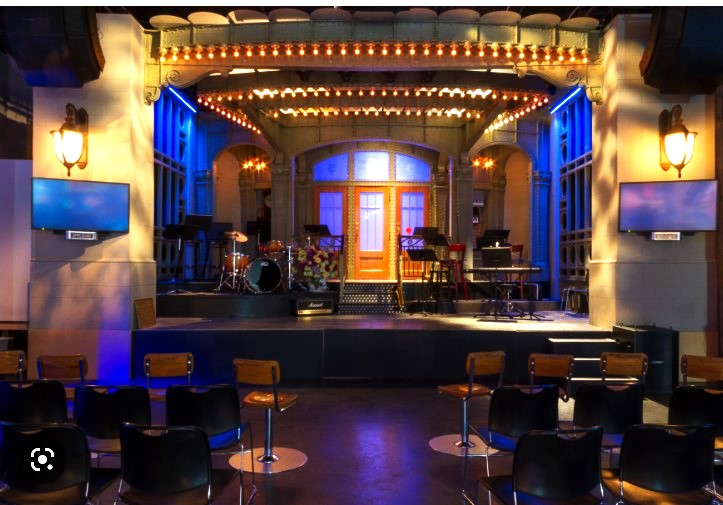The Writers Guild of America strike that started on May 1 will have far reaching consequences for television viewers. The focus of the labor dispute is the residuals from streaming media. The WGA claims that the AMPTP’s share of such residuals has cut much of writer’s average income from a decade ago and is indeed putting an entire profession in peril. Writers claim that it has become increasingly difficult to earn a living wage. Even worse is their fear that artificial intelligence may soon make them obsolete and they are demanding that the AMPTP establish some clear guidelines and set limits to the use of AI.
There are other issues in the mix, and it looks like a resolution may not come soon. How will this affect your favorite late-night programs?
To start with one of the top hits, “Saturday Night Live” will not produce any new episodes for the foreseeable future. The show’s next scheduled episode, slated for Saturday night and hosted by former cast member Pete Davidson with musical guest Lil Uzi Vert, will not take place, according to NBC. With a work stoppage in place, it’s quite possible that fans will not have any more new episodes of “SNL” in its 48th season. The show usually goes on its summer hiatus after May. “‘SNL’ will air repeats until further notice starting Saturday, May 6,” NBC said. That means you’ll have to wait quite a while before enjoying the sometimes outrageous comedy of SNL.
In what may appear to be a surprising development, NBC, Jimmy Fallon and Seth Meyers intend to pay staffers of the network’s “Tonight” and “Late Night” shows three weeks’ of wages while the programs are sidelined due to the strike, according to two people familiar with the matter.
NBC plans to pay two weeks of salary to staffers while each late-night host will pay a third week out of their own pockets, according to these two sources. Healthcare for the shows’ employees will be paid through September. Staffers were informed Wednesday morning during production calls, with Fallon and Meyers taking part personally to discuss the matter with his staff. The hosts typically do not participate in those early-day meetings but they made an exception as they deemed this to be a crucial issue.
In the writers’ strike that took place in 2007 and 2008, the nation’s late-night programs went dark for two months until David Letterman’s Worldwide Pants production company secured its own deal with the Writers Guild of America. However, unlike other hosts, Letterman owned his program and its companion, “Late Late Show”, and other hosts and programs followed suit. In some cases, the shows returned to the air without writers, and hosts like Jay Leno had to put together monologues. At this time, it’s too early to determine if this can serve as a playbook in a resolution.
Viewers don’t always realize that without writers there can be no late-night shows, as the hosts, in virtually all cases, are performing material written by a writing staff responsible for the jokes, one-liners and sketches that play off current events and trending popular culture.
The contract between the Writers’ Guild of America and the Alliance of Motion Picture and Television Producers (AMPTP), which represents about 350 TV and film production companies, ended on May 1.












